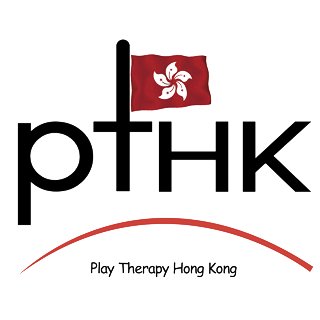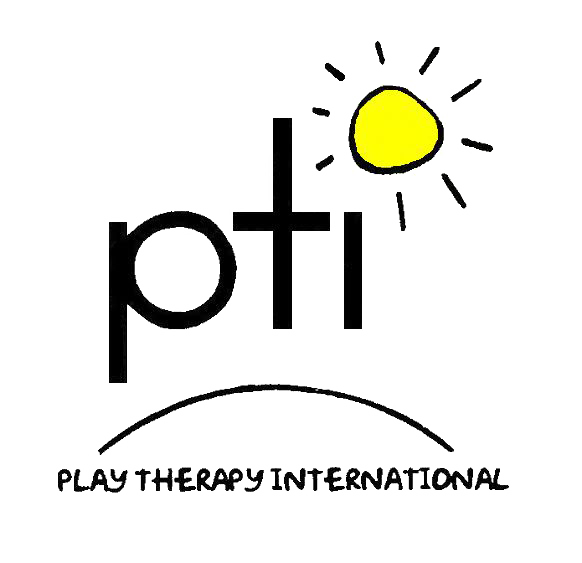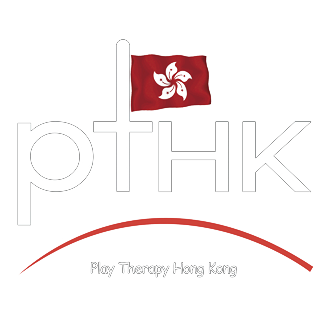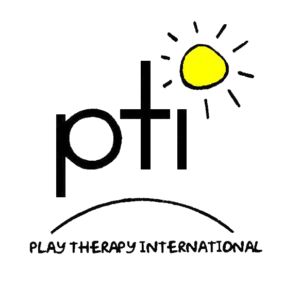15 Days Post Graduate Certificate in Therapeutic Play Skills
This Play Therapy course has been clinically accredited by PTUK and PTI. If you would like to find out more or apply to this course, please click the button below.
15 Days Post Graduate Diploma in Therapeutic Play Skills
This Play Therapy course has been clinically accredited by PTUK and PTI. If you would like to find out more or apply to this course, please click the button below.
The use of play and creative arts therapies for children with these issues is well developed in the UK and the USA. In many settings such as schools, social services and hospitals, play therapy is well established. There is a substantial body of research which shows that overall 70% of children with these problems show a positive change after receiving play and creative arts therapies. It has also been demonstrated that children from all countries benefit including Asia and Africa provided that the Western model is culturally adapted.
The necessity for standards to protect the children
Because all parents are concerned about their children’s future there is the danger of untrained, uncertified, unsupervised practitioners exploiting families. It isn’t just about sitting alongside helping a child to play or claiming to be a “Play Therpist” after reading a book on the subject. Some children will become damaged by unsafe practice.
There has been an increasingly urgent need for a professional body in Hong Kong to set standards of practice and training for safe practice and also to provide a supporting infrastructure. This has now been set up as Play Therapy Hong Kong, a not for profit organisation.
A call for all professionals working with children to update their skills
Play and Creative Arts therapies are soundly based on psychological and neuroscience principles, but these have to be acquired and incorporated into a therapist’s practice using experiential training as well as theory. There is considerable scope for bona fide professionals such as psychologists, psychiatrists, psychotherapists, teachers, social workers, paediatricians and occupational therapists to update and extend their skills for working with children.
At last, a coherent and accredited play and creative arts training programme in Hong Kong
A number of short ad hoc play therapy training events have taken place over recent years in Hong Kong but until now there hasn’t been an accredited, coherent, comprehensive course that leads to certification by a recognised body. This is about to change with the establishment of the M.A. in Practice Based Play Therapy programme which includes the Post Graduate Certificate in Therapeutic Play Skills and the Post Graduate Diploma in Play Therapy courses.
Q: When will the receipt be issued?
A: The receipt will be emailed to you from APAC.
Q: Will there be a letter for completion afterwards?
A: You will get a certificate of attendance at the end of the 15 days of training.
Q: Will there be a practicum involved?
A: Yes, 100 sessions for the post graduate certificate and 100 sessions for the post graduate diploma.
Q: How will the practice hours be arranged after the training?
A: Information will be delivered at the training sessions.
Q: Who will be the supervisors?
A: A supervisor list will be handed at the Training.
Q: How many hours needed for supervised practice?
A: 1 hour of supervision for every 2 weeks during clinical practice weeks.
Q: If my background is not in child psychology, would it be ok?
A: Yes, if you have relevant background training with children, mental health, education, social work, medical or allied–health related. If not, please write to us directly for further consideration.
Q: Is the membership fee collected from PTHK members used for future running of PTHK (and part of it for PTI)?
A: At the moment PTI is subsidizing PTHK on the operational costs, the website, and administration. When there are sufficient members, PTHK will become self financing and its Members will be able to decide how its funds are spent.
Q: I understand that we have to join the membership of PTHK before starting to do the practicum. How does this go? How much is the membership fee?
A: Information on becoming a member of PTHK is available here.



